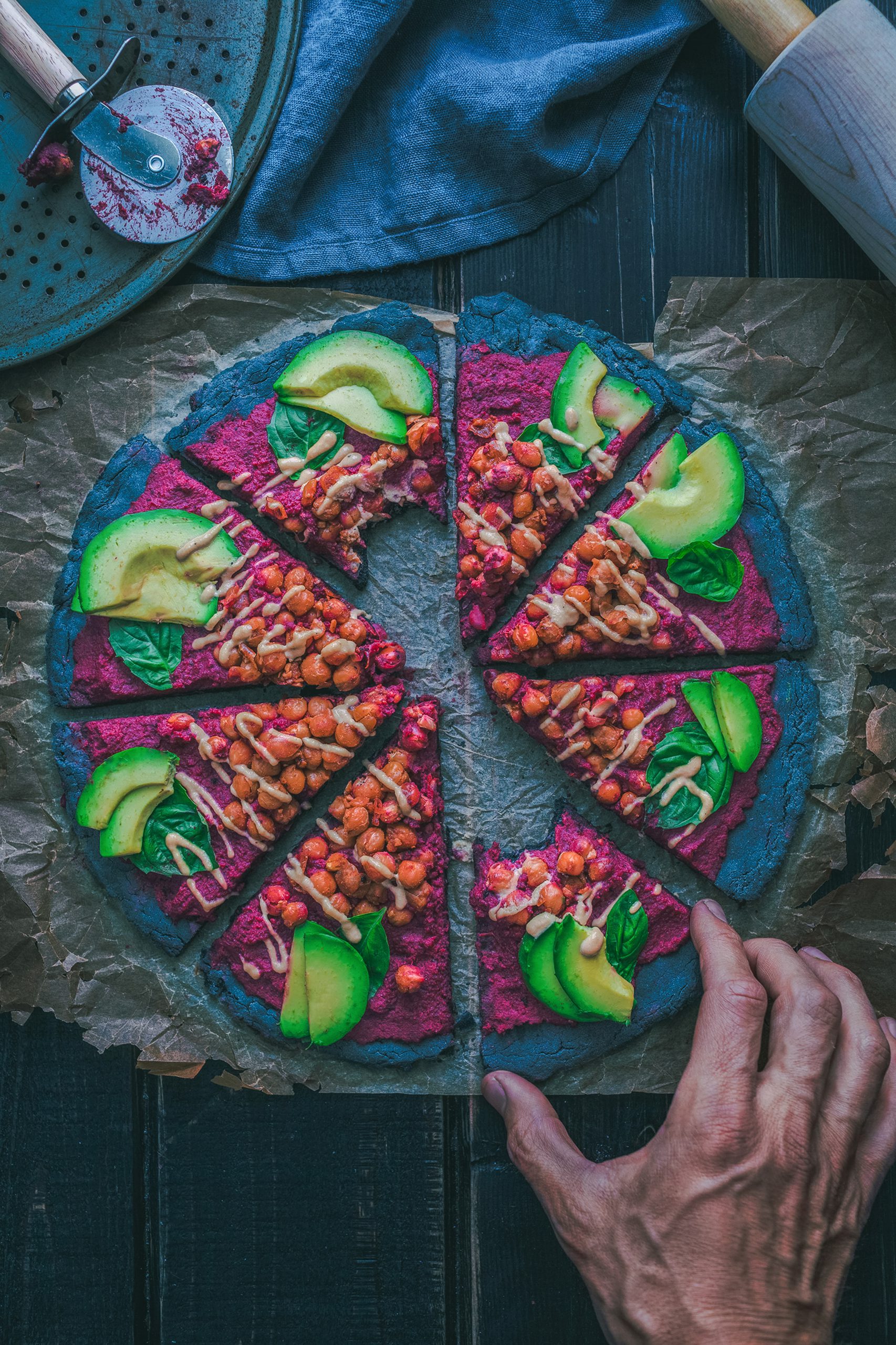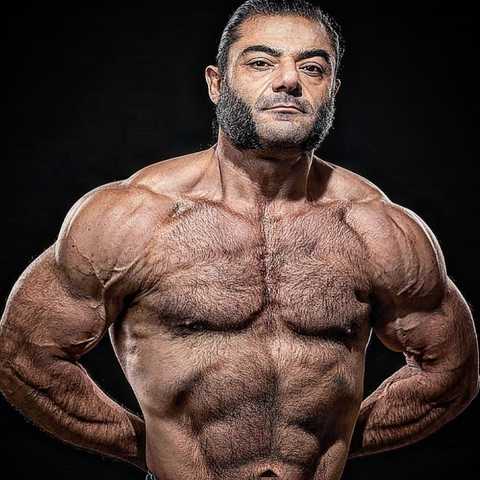
How to build muscle on a plant-based diet
The world of fitness and nutrition has witnessed a rising trend in veganism. More individuals are embracing plant-based diets for ethical, environmental, and health reasons. However, there’s a lingering misconception that building muscle on a vegetarian or vegan diet is challenging or even impossible. Today, we’ll debunk these myths and show you how it is entirely possible to achieve muscle gains while following a vegan lifestyle.
Disclaimer: I am not a vegan, and am therefore not writing this post out of a personal bias or affinity towards veganism. I work with many clients, however, who are vegans. Listed below are things I’ve learned they can pay attention to in order to see results while remaining true to the practice.
I’m sure that if you’ve spent enough time in the health/fitness space, you have heard the talk about “complete proteins”. Most of what is said is correct, insofar as it hovers around the ease that complete proteins provide in meeting protein needs. But it is important to remember it’s not always necessary to consume complete proteins in a single meal. The body can combine amino acids from various foods eaten throughout the day to meet its protein needs. A balanced and varied vegetarian diet can easily provide all the essential amino acids required for optimal health. (1) That brings us to our first point, ladies and gentlemen!
-
Protein Powerhouses:
Protein is a crucial component for muscle growth, repair, and recovery. Contrary to popular belief, obtaining ample protein on a vegan diet is easily achievable. As mentioned earlier, plant-based sources such as quinoa, tofu, tempeh, lentils, chickpeas, and seitan are complete proteins containing all essential amino acids. Additionally, a well-balanced vegan diet rich in legumes, nuts, seeds, and grains ensures a diverse intake of amino acids necessary for muscle development. (2)
-
Plant-based Protein Supplements:
For those who have higher protein requirements or find it challenging to consume enough through whole foods alone, there is a wide range of plant-based protein supplements available. Pea protein, rice protein, hemp protein, and soy protein are just a few examples of high-quality vegan protein powders. You can easily incorporate these into shakes and smoothies to support muscle building.
-
Embracing Healthy Fats:
Healthy fats are essential for hormone regulation, including testosterone, which plays a crucial role in muscle growth. (3) Vegan sources of healthy fats include avocados, nuts, seeds, and olive oil. Including these in your diet can aid in maintaining optimal hormone levels and support muscle development.
-
Carbohydrates for Energy:
Carbohydrates are the body’s primary source of energy during workouts. Whole grains, fruits, vegetables, and legumes provide a rich and sustainable energy source to power through intense training sessions and promote muscle recovery afterward.
-
Micronutrient-Rich Foods:
Micronutrients are a massively important factor here when we’re discussing nutrition. Vegans often enjoy a diet abundant in vitamins, minerals, and antioxidants due to their high consumption of fruits and vegetables. These nutrients play a vital role in overall health, immune function, and muscle recovery, ensuring that the body operates at its best during intense physical activity.
-
Meal Planning and Timing:
Just like any other diet, proper meal planning and timing are crucial for muscle building on a vegan diet. Ensuring an adequate caloric intake, distributing protein throughout the day, and consuming post-workout meals to aid recovery are all essential aspects of a successful muscle-building plan.
-
Success Stories and Role Models:
Many professional athletes and bodybuilders follow vegan or vegetarian diets while achieving remarkable success in their fields. Their stories and achievements serve as strong evidence that building muscle on a plant-based diet is not only possible but can lead to outstanding results.
Meet Patrick Baboumian. IFSA strongman competitor and current holder of the log lift world record and (also current) strongest man in Germany. He is but one of many success stories you can point out in the veganism/vegetarian diet discussion who stands out as a beacon of hope for aspiring vegans everywhere.

PATRIK BABOUMIAN
You may or may not be an aspiring bodybuilder. Nonetheless, let this serve as an indicator that your vegan or vegetarian diet does not hinder you from doing so. By following a well-planned and balanced vegan diet, individuals can easily meet their protein and nutritional needs to support muscle growth, recovery, and overall athletic performance. The key lies in understanding the diverse array of plant-based protein sources, incorporating healthy fats and carbohydrates, and implementing proper meal planning.
So, let go of the misconceptions! Embrace the power of plants, and embark on your journey to build muscle on a vegan diet. Remember, the strength of plants knows no bounds!



